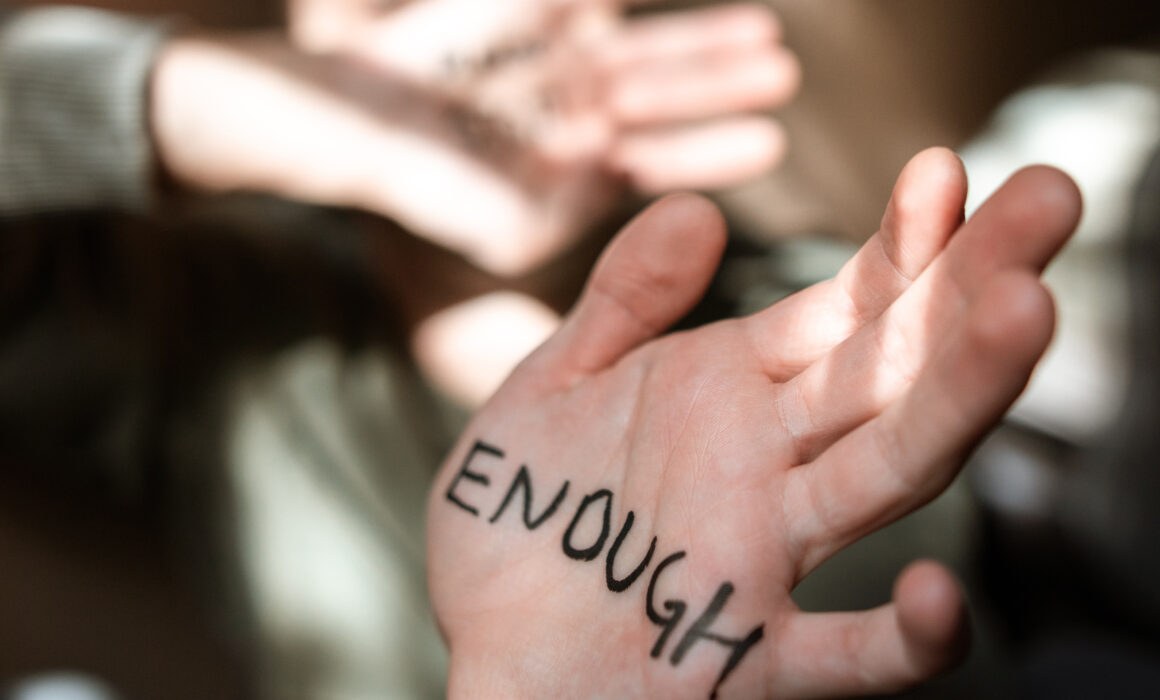Is Your Current Relationship Triggering Past Wounds? How to Cope
Relationships often act as mirrors, reflecting our deepest core issues and past traumas. It’s not uncommon for the dramas of our childhood to resurface in our adult relationships, serving as powerful triggers. We’ll explore how past wounds, especially those from childhood, can resurface in our current relationships, and provide practical tips on how to cope and heal.
Relationships as Mirrors
Our current relationships have a remarkable ability to unveil unresolved issues from our past, particularly those rooted in childhood. These core issues often include:
Abandonment fears
If you’ve experienced neglect or abandonment as a child, the fear of being left or unloved can resurface in your adult relationships when your partner’s actions or words trigger these feelings.
Low self-esteem
Childhood experiences that led to feelings of inadequacy or unworthiness can influence your self-esteem in adulthood. Seeking validation from your partner may expose these deep-seated insecurities.
Trust and intimacy issues: Past betrayals or traumatic events can make it challenging to trust and be vulnerable in a new relationship. The scars from these experiences can resurface, hindering your ability to form close connections.
Communication difficulties: Communication patterns established in childhood can reemerge in your adult relationships. Poor communication can lead to misunderstandings, conflicts, and emotional distress.
Dealing with Past Wounds
1. Self-awareness: The first step in coping with past wounds resurfacing in your current relationship is self-awareness. Recognize when you’re triggered and identify the underlying emotions and memories associated with it.
2. Open Communication: Share your feelings and experiences with your partner. A supportive partner will listen and work with you to create a safe and nurturing environment.
3. Seek Professional Help: If past wounds significantly impact your well-being and relationships, consider seeking therapy or counseling. A trained therapist can guide you through the healing process.
4. Self-Compassion: Be kind to yourself during this process. Understand that past traumas were not your fault, and healing takes time. Treat yourself with the same kindness you would offer a friend.
5. Set Healthy Boundaries: Clearly communicate your boundaries to your partner and work together to respect each other’s needs. Healthy boundaries are essential for a nurturing and balanced relationship.
The Healing Journey:
While it can be challenging to confront past wounds in your current relationship, it’s also a profound opportunity for healing and growth. By acknowledging your triggers, fostering open communication, and seeking support when needed, you can navigate these challenges and build healthier, more fulfilling relationships.
In essence, your current relationship can indeed trigger past wounds, especially those from childhood. However, by recognizing these patterns, seeking healing, and committing to self-improvement and self-compassion, you can cope and ultimately create more nurturing and loving relationships. Remember, the journey towards healing is a powerful one, and you have the strength to overcome your past and embrace a brighter future.

